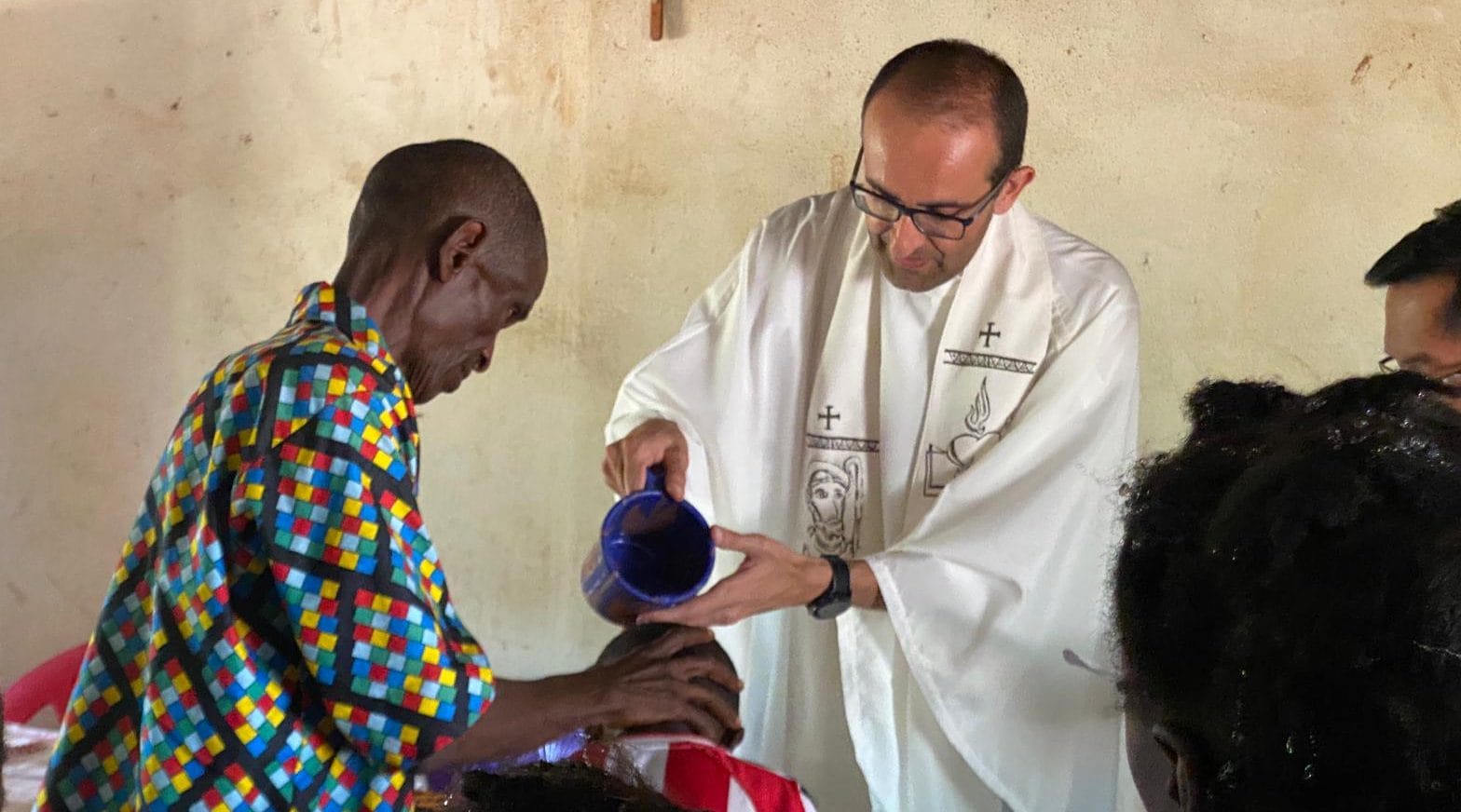Africa is not just a place, it is an experience. Everything is new, especially for those who visit for the first time: traditions, languages, colors, flavors, music, looks? Even if you have previously seen images of this continent, experiencing it first hand is something completely different. That is why Africa is not simply visited, Africa is lived. And in the end, Africa wins you over.
Two weeks may seem a short time, but the experience lived in Kenya and Sierra Leone during Holy Week and the first days of Easter this year, served to open our eyes to an unknown and forgotten reality, and, above all, to learn a lot and a lot of good things.
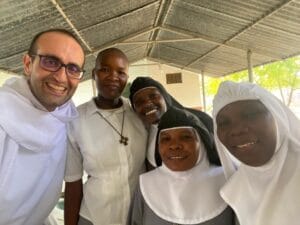 We landed in Nairobi, the imposing capital of Kenya, where one of Africa’s most outstanding characteristics is evident: contrast. On one side of the city you find one of the continent’s major financial centers; on the other, you come across Kibera, Kenya’s largest slum and the second largest in this part of Africa, with more than 1 million inhabitants. In Kibera, most of its residents live in extreme poverty and earn less than $1 a day.
We landed in Nairobi, the imposing capital of Kenya, where one of Africa’s most outstanding characteristics is evident: contrast. On one side of the city you find one of the continent’s major financial centers; on the other, you come across Kibera, Kenya’s largest slum and the second largest in this part of Africa, with more than 1 million inhabitants. In Kibera, most of its residents live in extreme poverty and earn less than $1 a day.
This same contrast is experienced in Sierra Leone, considered one of the poorest countries in the world and with the lowest life expectancy. There are no half measures here, there is no room for a happy medium: either you have everything or you have nothing.
It is devastating to see how the prevailing corruption in these countries causes so much senseless suffering. We are talking about some of the areas of the Earth with the greatest natural resources, where there should be no shortages, where everyone could live in a dignified way. But the reality is different. You can find an unused high-voltage line running across the country, because it was built with foreign financing, but local management has it paralyzed. It is paradoxical to see a huge electric tower and, next to it, a simple mud house where they don’t know what it means to turn on a light bulb.
Africa is also surprising for the number of children everywhere. It is a sign of life, of joy, of hope. But we must also look at the other side: the conditions in which they live, the possibilities for their future, the situations they have to face. Child abuse is the order of the day here, whether due to cultural traditions, a lack of awareness of human dignity, or a lack of education. What is shattering is to see firsthand the great difficulties involved in changing something here, in improving something, because cultural taboos, political manipulations, etc., are all too often the result of the cultural taboos, political manipulations, etc., and the difficulties involved in changing something here.
or foreign exploitation make any change very complex. But it is true that there are small things that can be changed. Here you see the precious value of the small, here with very little you can do a lot.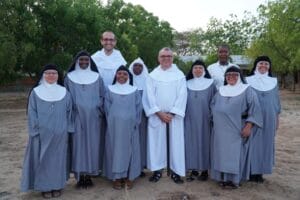
One of the highlights of Africa is its rich cultural diversity. With more than 3,000 ethnic groups and an immense variety of languages and traditions, the African continent is a melting pot of identities. This diversity not only enriches the lives of its inhabitants, but also offers valuable lessons on the importance of mutual respect and peaceful coexistence. This is particularly evident in the coexistence of religions. It is not uncommon to hear a Catholic, a Muslim and a Christian of another confession speak to each other as “brothers”. And it is not something superficial, but something that is really lived. Faith in Africa is very present, the sense of God’s presence, the sense of fraternity, the sense of divine Providence, are part of the daily life.
In an increasingly globalized world, where cultural differences can be a source of conflict, Africa shows us that diversity is not an obstacle, but a strength. By celebrating and valuing diversity, we can enrich our societies and build bridges of understanding instead of barriers.
What stands out in African history is the unwavering resilience of its people. Despite the obstacles, African communities have shown a remarkable ability to adapt and survive. This resilience teaches us the importance of perseverance and determination in difficult times. It reminds us that, even in the face of overwhelming adversity, there is always room for hope and progress. This is especially summed up by the Swahili expression “Hakuna matata”, which is so often repeated in Kenya: “no problem”. A cry for hope in the midst of difficulties.
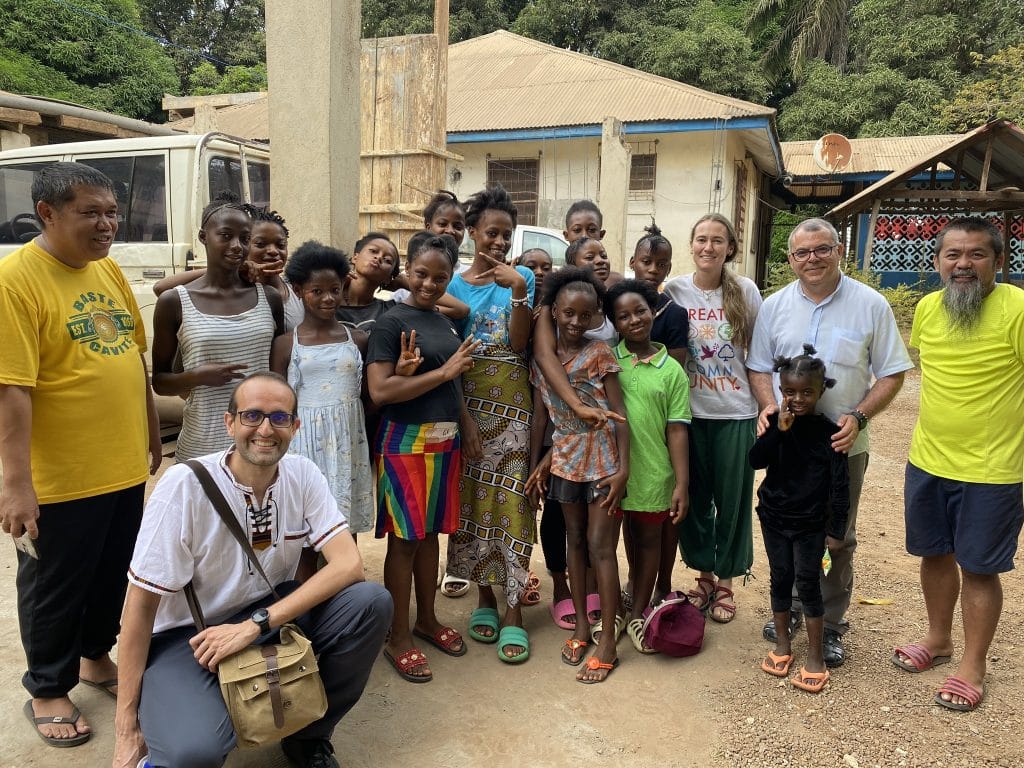
The presence of the Augustinian Recollect Family in Africa dates back to the 1990s. First the friars arrived in the Sierra Leone area, followed by two communities of contemplative nuns from Spain and Mexico. The nuns are currently in two Kenyan locations: Wote and Lodwar. And the friars in Kamabai and Kamalo. Since their arrival, they have succeeded in sowing much, both from a charismatic, evangelizing and human promotion point of view. And all this has already begun to bear fruit in the form of native vocations and many lives touched by their witness.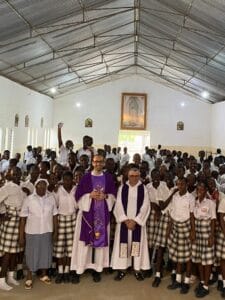
The Augustinian Recollect communities in Africa have become a source of support for basic resources, such as water or education, into focal points of spirituality and, above all, into a sign that it is possible to improve and transform from within. In all of this, the work of ARCORES international has been key, and it is very surprising to see the number of projects that have already been developed, and many others that are planned and awaiting implementation. For years, groups of volunteers have been coming to the Augustinian Recollect communities to support their mission, and this “contagion” of enthusiasm and hope is something that marks their lives.
All the years of Augustinian Recollect presence in Africa have also had very complex moments, such as the armed conflict that led to the kidnapping of several religious in Sierra Leone, or the periods of cholera or Covid pandemics experienced in recent years. But spending a few days with the religious men and women who give their lives here allows you to recognize the value of their presence, the importance of their witness, the need to continue supporting and betting on being here.
Africa inspires, Africa teaches, Africa needs us, and we need Africa.
P. Antonio Carrón de la Torre, OAR
(Article published in the magazine ‘Santa Rita y el Pueblo Cristiano’)


